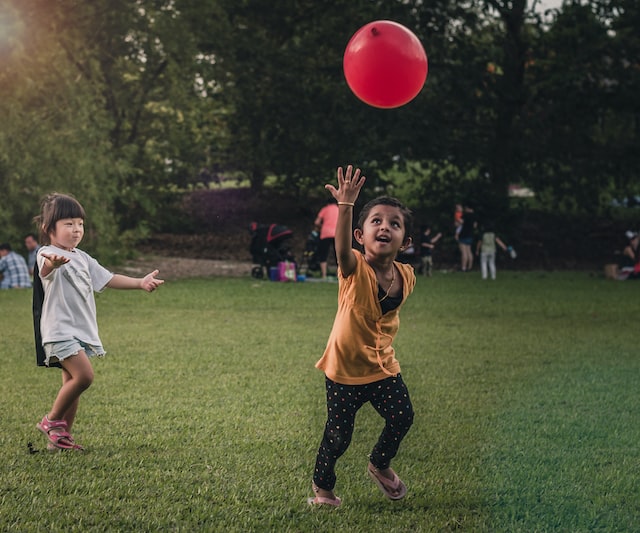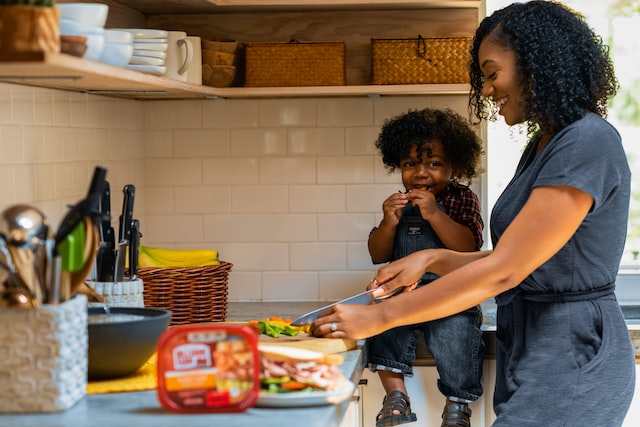Supporting children independence is one of the pillars of the Montessori method of education. By trusting children to do things by themselves, we support their development, build self-esteem and satisfy their inner drive. Children naturally try to get dressed, put on their shoes or eat. Moreover, it is not only beneficial to their development but can also simplify parents’ life. Sure enough, getting dressed and ready to leave the house seems to be one of those processes that many parents complain about and dread. There though more than one strategy that you can keep in mind to support your child skills.
choose clothes wisely
The golden rule to ensure our children succeed in a task is to make it developmentally appropriate. As they learn how to get dressed, there is a good chance they might be in the process of developing motor skills. For this reason, the first clothes they test their abilities must be as uncomplicated as possible. Choose loose trousers over tight leggings or tights, wide neck jumpers over dungarees and avoid buttons.
break it down
Getting dressed is something adults do automatically, forgetting how many small steps and abilities are involved. The best way to support your children is to break down the process into smaller moments. For example, when learning to put on trousers, you might want to invite the child to sit on the floor and show them how to put one leg through while holding the end of the trousers. Once both legs are in, suggest them to stand and encourage them to pull the trousers up. With time they will learn how to perform each step independently and, finally, won’t need your help anymore.

start early
It is never too early to encourage children to get dressed independently. Firstly, you might want to start by narrating what you are doing to a baby. At a later stage, when children can stand, the nappy change can be the perfect occasion to start practising these skills. You might want to invite them to pass you the wipes or the nappy. In addition, you could encourage them to pull the trousers up and down, which will also prepare them for potty training.
slow down
Learning requires practice and time. Whenever possible, slow down and create opportunities for them to try out their skills without being rushed. You might want to stay nearby, ready to support and offer encouragement if needed. Giving time, unfortunately, is not always possible. In this case, it is fine to help them out and explain why we are doing so.
don't force it
Supporting children in becoming independent is a constant balance between letting them try and stepping in to help. Even though a little encouragement can help children working through their frustration, there are moments adults need to step in. By knowing your child, you will become aware of their limits, moments of tiredness and need for attention and how to respond appropriately to it.




[…] It takes time to build a solid morning routine and find out what works best for the family. Even though every house and family is different, remember most children will enjoy doing things for themselves. When we let them try, they feel empowered and in control, which has then a positive effect on their well-being. Creating times and opportunities outside of the morning routine to practice getting dressed, preparing breakfast, brushing hair, wearing a jacket will, in the long run, make the morning rush more simple. Don’t miss my post on supporting children independence nd helping them getting dressed! […]